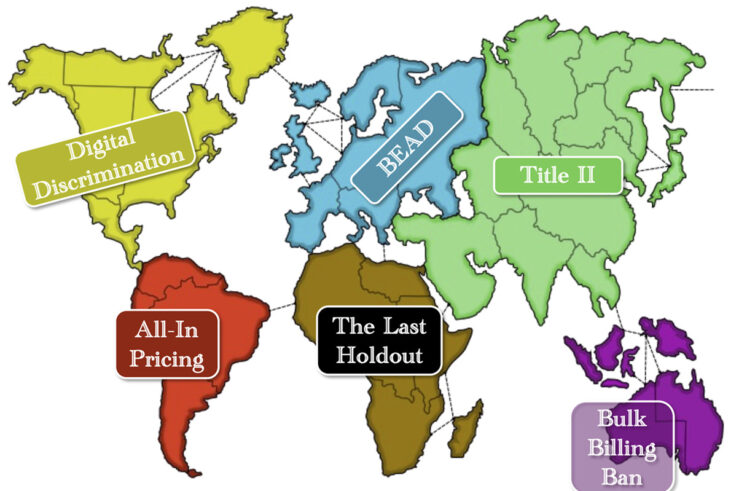I first addressed what I call “Gupta gate” a week ago in a post on “the SEC’s shrinking credibility.” There I noted:
Guptagate is the SEC’s decision on March 1, the eve of its big Rajaratnam case, to file an administrative order against Rajat K. Gupta, former Goldman Sachs and P & G director, for tipping Rajaratnam about nonpublic information at the two companies. Gupta had responded to a Wells notice only four days earlier, and the SEC made the decision after an unusually short weekend review.
I suggested that the SEC might be “in league with Justice to patch a gaping hole in its case against R by tainting a key witness.”
Three days later I reported more evidence for this explanation. I quoted John Carney’s story based on unnamed sources that the SEC evidently had rushed ahead with the Dodd-Frank proceeding because “[t]he evidence that Gupta seemed willing to provide was friendly toward Rajaratnam* * *The SEC, which views Rajaratnam a thoroughly bad guy, viewed this as an alarming development[.]”
The latest development is Gupta’s filing yesterday of a declaratory judgment action against SEC seeking to block the Dodd-Frank proceeding against Gupta. The complaint notes, among other things:
- The alleged conduct happened before Dodd-Frank, and there is no indication that the relevant provision (§929P) was to be applied retroactively. [It is worth noting that this is no mere technicality. Before Dodd-Frank, only broker-dealers knew they could be hauled in front of the securities industry’s main regulator in a non-judicial proceeding. You might take this into account in deciding, among other things, whether you wanted to go into this line of work. You did not take this risk merely by being a public corporation director like Gupta. After 929P you might quit being a director if you thought your conduct might be subject to this extra level of scrutiny, or at least seek extra compensation for the extra scrutiny. Retroactivity denies regulated individuals this opportunity.]
- The SEC’s order doesn’t allege that Gupta profited from tipping inside information or identify direct evidence that he conveyed material nonpublic information.
- The first 27 Galleon related cases were filed in federal court. This is the first administrative proceeding and the first use of the above Dodd-Frank provision against a non-broker dealer.
- Procedures under the Dodd-Frank provision include an accelerated hearing schedule, no depositions, and the use of multiple layers of hearsay evidence. This reduced level of procedural protection is especially critical in case like this which lacks direct evidence (i.e., a phone tap) that there was even a tip, and where it is especially important to be able to delve into the circumstances surrounding any allegedly culpable conversation.
- Gupta emailed his Wells submission at 10:45 on Friday February 25, 2011 and delivered hard copy to the SEC the following Monday. The Commission emailed a copy to the US Attorney’s office for use in Rajaratnam’s prosecution by Saturday and authorized proceeding against Gupta by Monday afternoon. This haste suggests that the SEC could not be bothered with fine questions about Gupta’s guilt or innocence. The only thing that mattered is the fact he wasn’t caving in.
- Gupta was not informed before his submission of the possibility of administrative proceeding and had no opportunity to address this issue in his submission.
Gupta’s complaint states that “[t]he only plausible inference is that the Commission is proceeding how and where it is against Mr. Gupta for the bad faith purpose of shoring up a meritless case by disarming its adversary.”
The complaint not only makes a strong case for dismissal against Gupta, but raises a significant issue as to whether the Rajaratnam prosecution has been tainted by this extraordinary proceeding against a potentially important witness.
And on a more general level, it’s past time to take a very hard look at the agency that Congress has entrusted to police our financial markets post Dodd-Frank.




